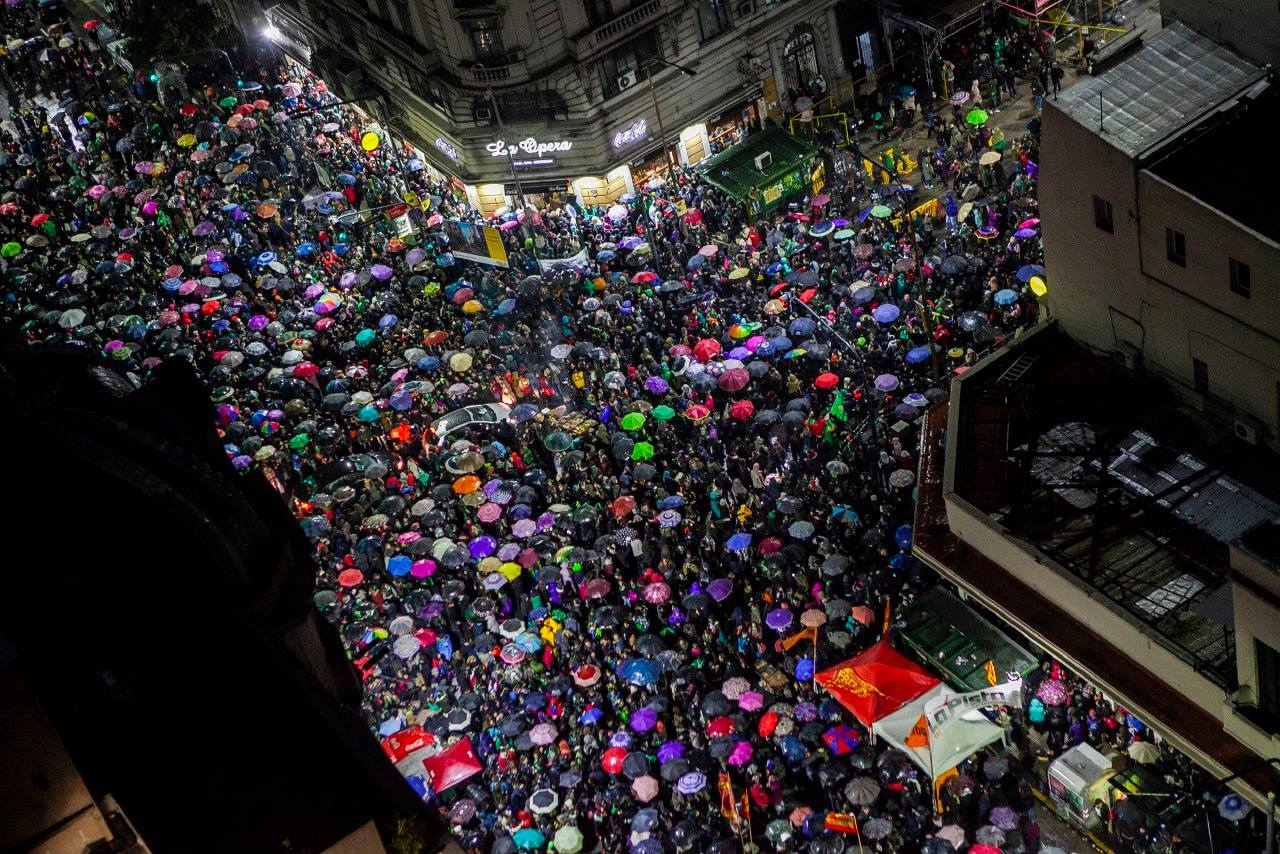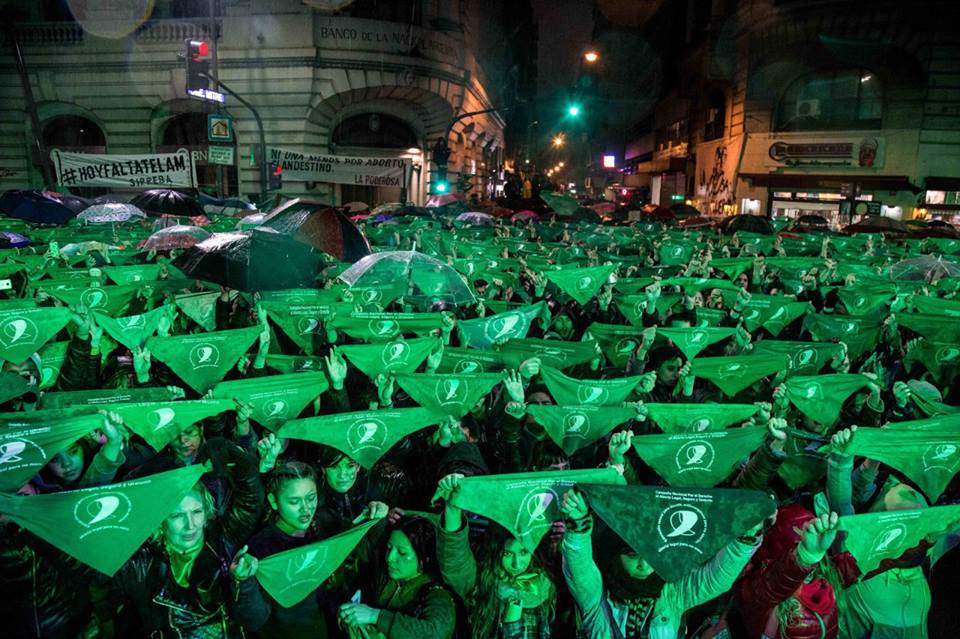The Argentine Senate rejected the Bill of Voluntary Interruption of Pregnancy on Thursday despite hundreds of thousands of people gathering outside the congress in support of the bill that would have made legal abortion a reality. After a 15-hour debate, the Senate rejected the bill by a margin of 38-31 even as polls showed strong support for the proposal. On June 14, the bill was passed in the House of Representatives after 22 hours of debate.
Prior to the vote, feminist and social organizations who are part of and support the National Campaign for the Right of Legal, Safe and Free Abortion had noted that the passing of the law would not have an impact on whether or not abortions happen in Argentina, as currently, around 500,000 take place every year. What would have changed is the kind of abortion women, gender non-conforming and transgender people would have access to.
The recent and avoidable death of 22-year-old Liliana Herrero in the Santiago de Estero province in Argentina from a clandestine abortion drew attention to this reality. Deaths from illegal abortions are one of the primary causes of mortality of pregnant women. Activists had also pointed out that deaths from clandestine abortions was not just a feminist issue but a class issue as well as the majority of women affected by unsafe, clandestine abortions are poor women. The fight for legal, safe and free abortion in the hospital is defending the right to life, health and dignity of poor, working class women, gender non-conforming and transgender people.
The mobilization ahead of the vote was not limited to Argentina. Feminist activists and social organizations across the world mobilized in solidarity with the struggle in Argentina and in many countries to ignite the struggle for legal abortion in their own countries. This is especially true in Latin America as many countries, due to the strong influence of the Catholic Church, have very restrictive abortion laws. For example, in Honduras and El Salvador, it is completely illegal to have an abortion and many women have gone to jail for doing so.
Mobilizations and actions were organized in Brazil, Mexico, Colombia, El Salvador, Honduras, Guatemala, Peru, Ecuador, Costa Rica, Chile, Uruguay, Paraguay, Bolivia, Japan, Ireland, United States, France, Brussels, Spain, Germany, Australia, Denmark, Italy, New Zealand, Sweden and Switzerland.
Although the bill finally did not get the necessary support, activists are defiant. Many had pointed out that irrespective of the results, the fact that one million people had mobilized in support of the bill on the streets was itself a major victory.






